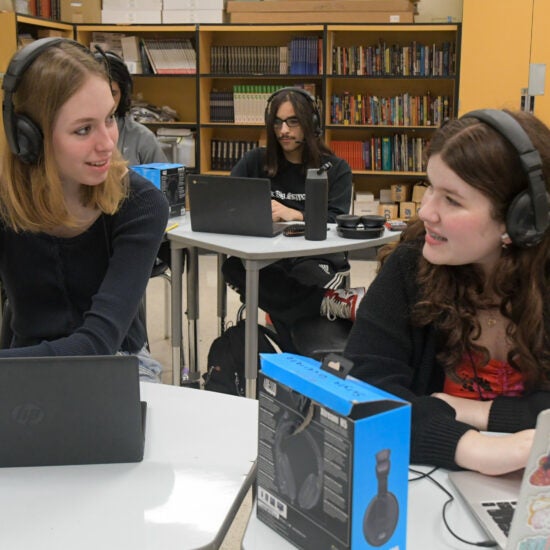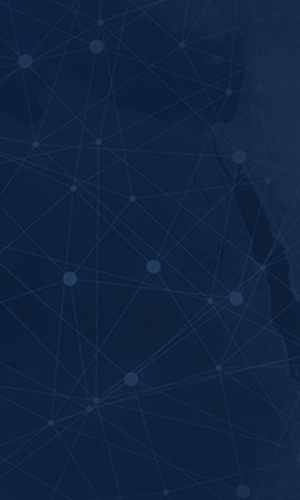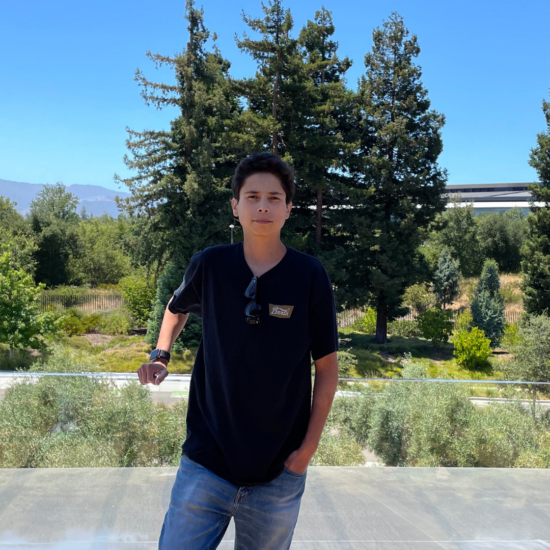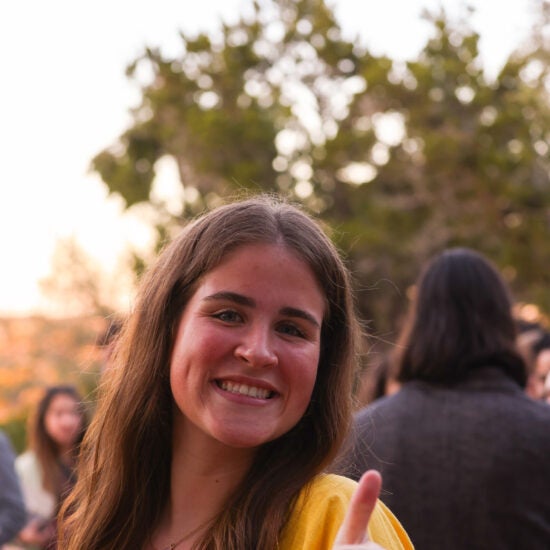While most middle school students around the world spend their time outside playing soccer, texting friends, or playing Fortnight, L. and Basma have been spending their days a little differently. Through Empatico’s Coding with Empathy Challenge, these students have been collaborating with each other across 5,800 miles of distance to develop technological solutions designed to elevate their cultural identities.
When children have the opportunity to see others’ communities first-hand, share about their own life experience, and learn about other perspectives, it can spark a lifetime of curiosity and understanding. The Coding with Empathy Challenge, a virtual exchange program that connects young people in the U.S. and the Middle East and North Africa, provided L. with a unique opportunity to meet peers that she might not have had otherwise. “It is very rare for me to meet students from other countries,” she reflected. The middle schooler went on to explain that meeting Egyptian students helped deepen her interest in her social studies class since they were covering Ancient Egypt at the time.
Virtual exchange not only helps young people connect dots academically by meeting others from different countries and backgrounds, but it also better prepares them to be the leaders they will need to be to navigate the complexities, challenges, and opportunities of life in our highly connected world. L. and Basma engaged in collaborative computer science exercises and constructive dialogue, which allowed them to discover each other’s perspectives and experiences while practicing empathy and other social-emotional learning skills. “Through the Coding with Empathy program,” another student in the program in Egypt shared, “we were given the opportunity to exchange ideas and befriend students from different countries.” Over three months, the students connected and learned from one another, thus discovering how to internalize their unique identities as strengths and become empathetic problem-solvers.
As part of the program, students connected through videos asynchronously via Microsoft Flip, a video discussion app. They then connected further through live video on the Empatico platform where they discussed the value of diverse perspectives in STEM fields, identified issues in their respective communities, and ultimately partnered on action projects that utilize technology to make the world a better place. “I believe by incorporating social emotional learning activities into technology, we can leverage STEM and social emotional learning skills to make this world a better place since we use technology everyday,” L. said.
L. worked on an app designed to preserve Black culture in Washington, D.C. by creating an interactive map that identifies local landmarks that are important pieces of African-American history, Black-owned businesses and restaurants, music, and even clothing brands that are popular in the D.C. community. Meanwhile, Basma worked on a tech solution to help solve economic problems in the Middle East. “Some people can’t afford to buy food or things they need,” the Cairo-based middle schooler shared. “My project is [to create an app] to let [people] buy what they need [within their socioeconomic means],” Basma explained.
While L. and Basma have dedicated their time to developing projects that focus on sharing their rich cultural backgrounds with the world, other students in their cohort are setting their sights on developing technology that facilitates early disease detection, sustainable transportation, and reductions in air pollution.
The Coding with Empathy Challenge program may be finished, but this is just the beginning for students like L., Basma, and their classmates, who will undoubtedly go on to achieve some incredible things in the world of STEM.
If you are interested in bringing this program to your institution, complete this form.
Coding with Empathy Challenge is implemented by Empatico and is supported by the J. Christopher Stevens Virtual Exchange Initiative (JCSVEI). JCSVEI is a U.S. Department of State’s Bureau of Educational and Cultural Affairs program administered by the Aspen Institute.









